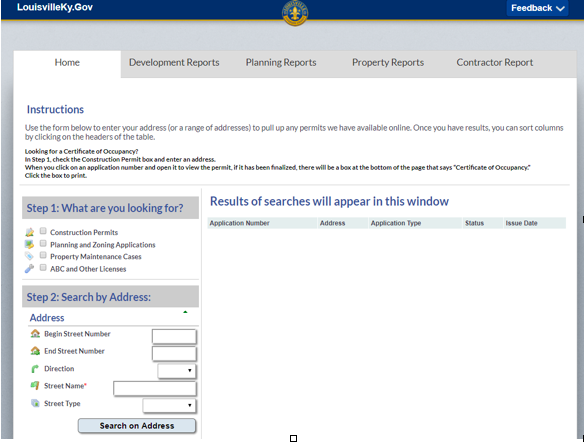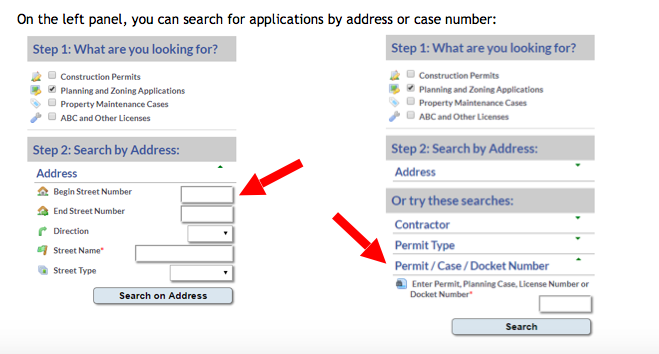Have you received notices about proposed zoning changes that you are not happy about and not been sure what to do about them? Or is there a zoning change you want to support? I have been in two zoning meetings recently that affected District 21, and want to share how you can fight development that is not good for the community and how to advocate for changes that will help.
Nicole
Zoning
Zoning is foundational to community development because it dictates land usage. Although there are lots of zoning codes in Metro, some of the most common classifications include Residential (R), Office Residential (OR), Commercial (C) and Industrial (M).
Understanding the process is the first step in effective advocacy for your neighborhood! Community members have the ability and are encouraged to be involved in every step of the way.
Step 1: The developer submits a rezoning proposal and a development plan for a property.
Step 2: Metro Planning & Design will conduct a pre-application review. During the pre-application review Planning & Design assesses the proposal’s fit with Cornerstone 2020 Plan along with other more technical aspects such as transportation, sewer, etc.
Step 3: A neighborhood meeting is held near the proposed site. Property owners in close proximity should receive notice. The goal of this meeting is for the developer to share information and for community members to ask questions, raise concerns, or express support.
Step 4: The rezoning application and plan is formally filed with Louisville Metro. Information from the neighborhood meeting such as notification, attendance list, and concerns should be submitted.
Step 5: The first public meeting occurs with the Land Development & Transportation Committee of the Planning Commission. Adjoining property owners should receive notification. The Committee’s primary charge is to review technical issues. For example, is the proposed rezoning compatible with the neighborhood? These meetings are open to the community and individuals have an opportunity to speak from a position of support, opposition, or neutrality.
Step 6: The second public meeting occurs with the full Planning Commission. Adjoining property owners should receive notification and a legal ad is published in the newspaper. This meeting is also open to the community and individuals have an opportunity to speak. The Planning Commission will make a recommendation to the Metro Council with regards to support or opposition to the proposed rezoning.
Step 7: The proposed rezoning goes to the Metro Council.
Step 8: Metro Council decisions may be appealed to the Jefferson Circuit Court.
Additional Tips:
- Public meetings occur on alternating Thursdays.
- At any point in the process, you may contact the assigned case manager for the proposal.
- Emails and letters become part of the written record.
- Planning and Design case information may be researched here: http://portal.louisvilleky.gov/codesandregs/mainsearch
How to Search for a property or case number


